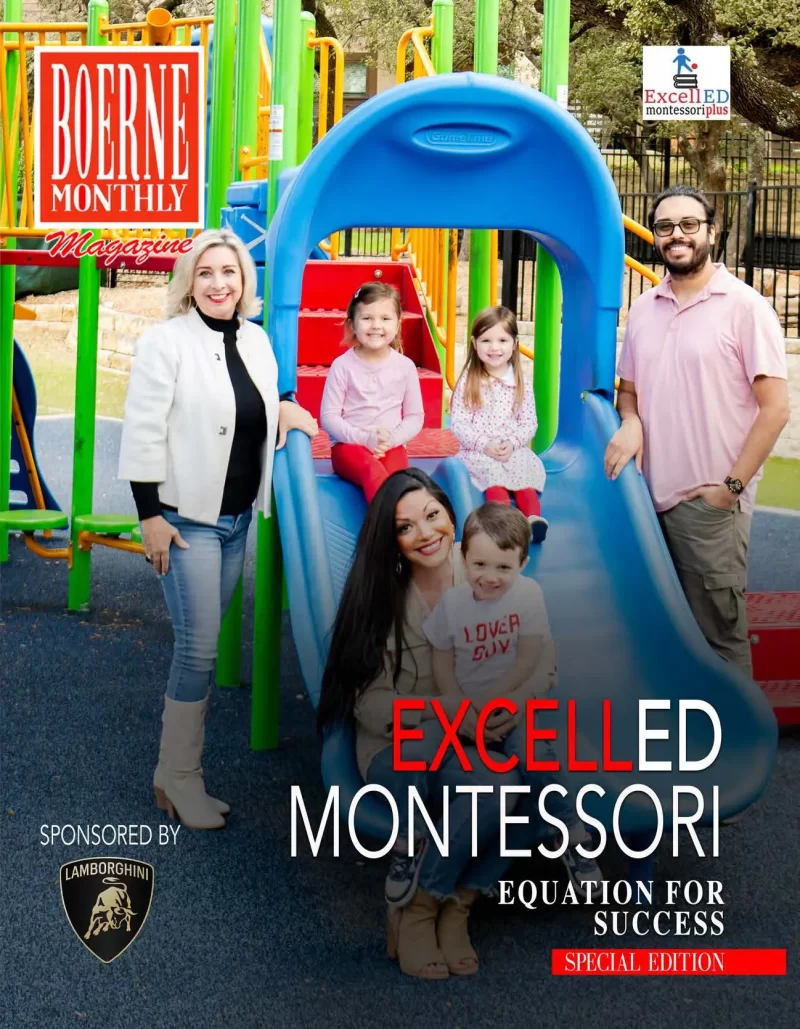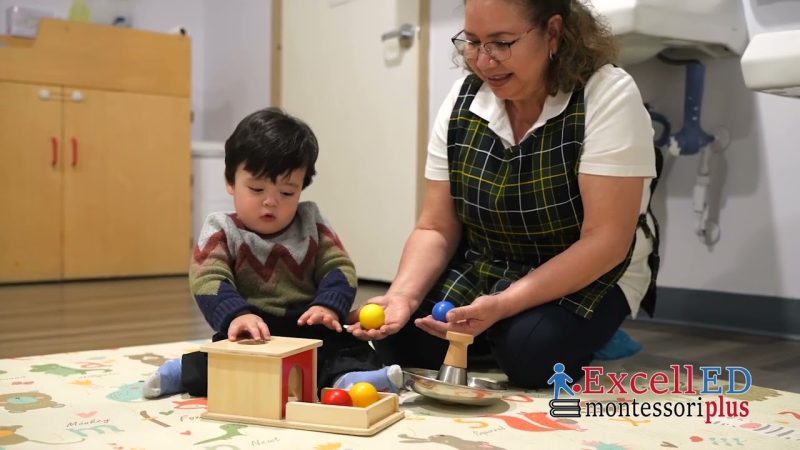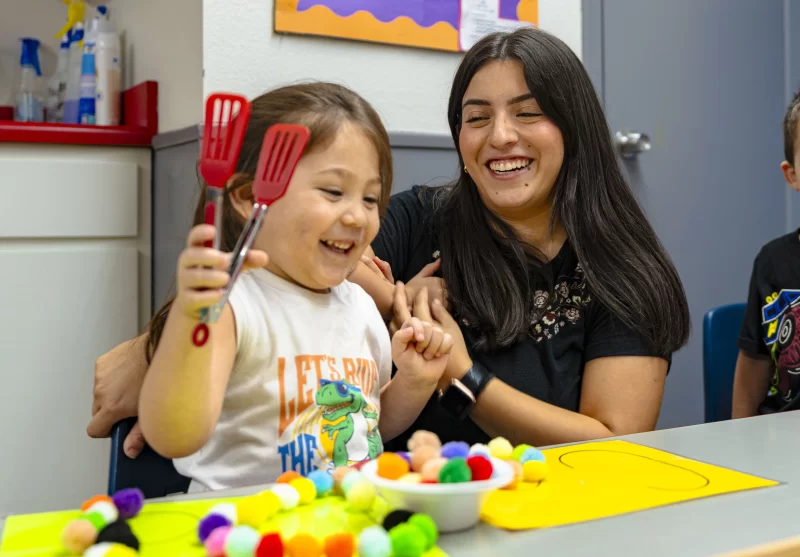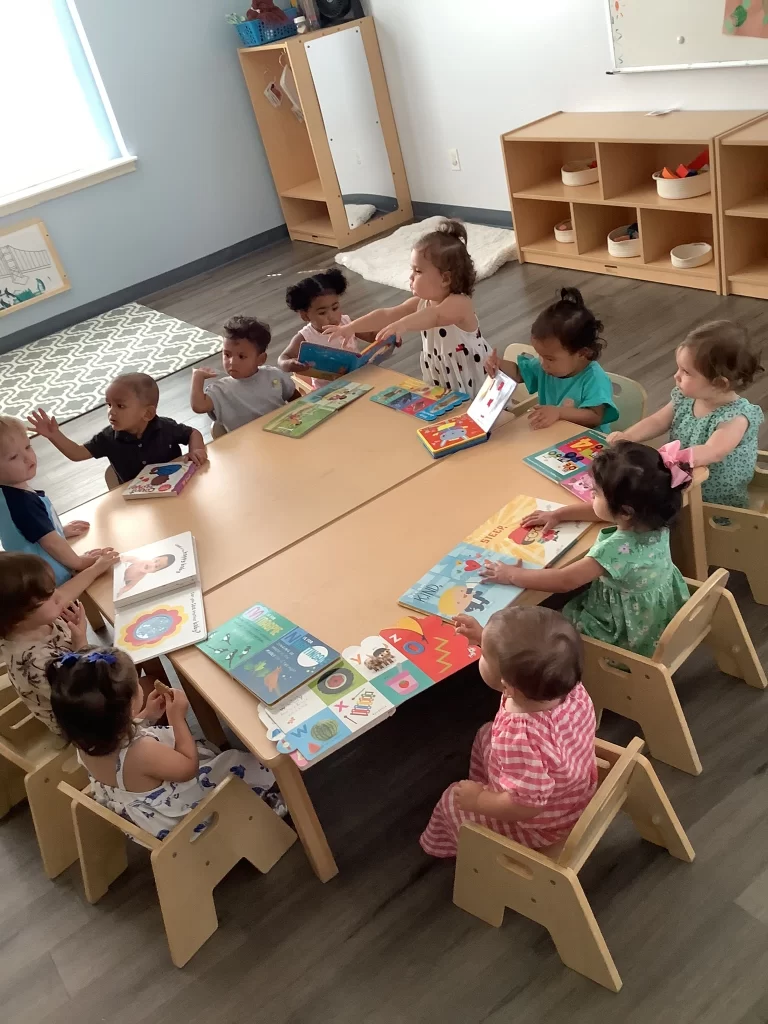
In today’s world, strong social skills are key to personal and professional success. Learning to interact well with others starts early, and the education system plays a crucial role in this. Montessori education offers a unique approach that emphasizes social skills alongside academic learning. From the classroom layout to daily activities, every aspect of Montessori promotes social interaction and cooperation.
Montessori’s Unique Approach
Unlike traditional education models, Montessori schools create environments where children can freely engage with others and learn social norms naturally. Montessori philosophy believes that children learn best in a supportive, collaborative environment. This approach helps children understand how to work and play together, fostering a sense of community and belonging.
Key Montessori Principles for Social Skills
The Montessori Method incorporates several principles that support social skills development:
Prepared Environment: Designed to encourage independence and interaction among children. Materials and activities promote collaboration, allowing children to learn from and with each other.
Respect: Emphasizes respect for oneself, others, and the environment. Children learn to use polite language, wait their turn, and listen to others from a young age.
Autonomy: Children have the freedom to choose their activities and work at their own pace, which encourages collaboration with peers who share similar interests.
Mixed-Age Interactions: Older students mentor and assist younger ones, fostering a sense of responsibility and empathy.
Freedom Within Limits: Children make choices within a structured framework, encouraging communication, negotiation, and conflict resolution.
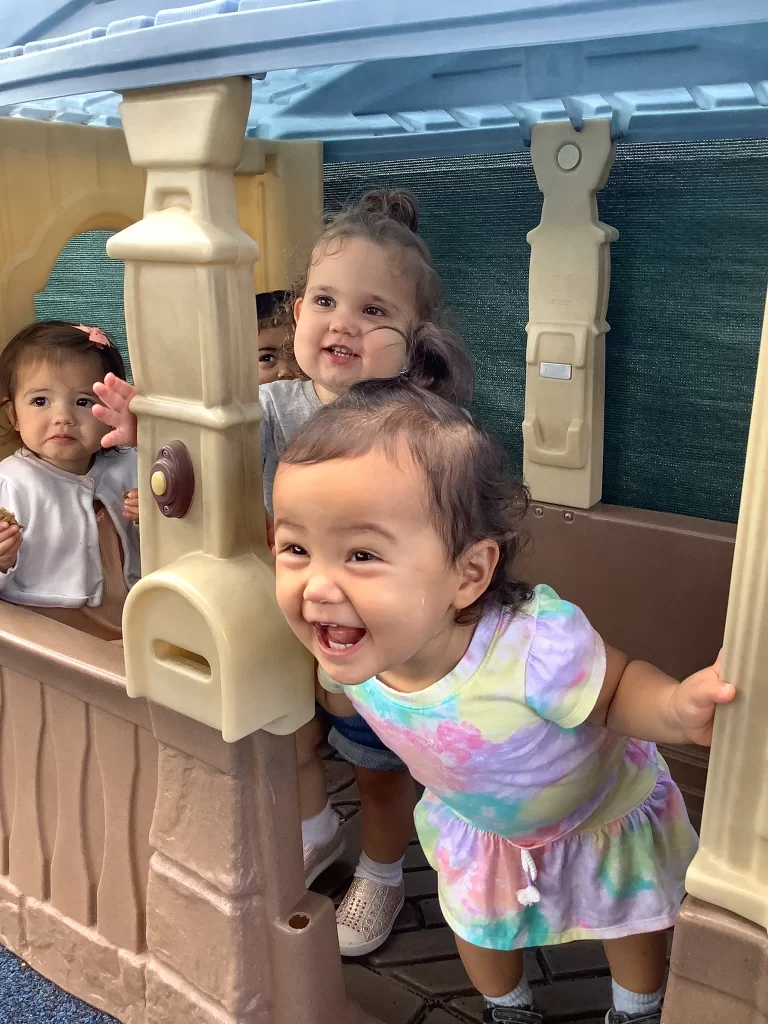
How Montessori Activities Foster Social Interaction
Montessori activities are designed to promote social interaction and collaborative learning:
Group Work: Common in Montessori classrooms, requiring children to work together, share ideas, and solve problems as a team.
Peer Teaching: Older children help younger ones with tasks and lessons, building a sense of community and support.
Practical Life Activities: Tasks like cooking, cleaning, and gardening require teamwork and effective communication.
Conflict Resolution: Teachers guide children through resolving conflicts peacefully, helping them express their feelings and find solutions together.
Peace Corner: A special place in the classroom where children can go to calm down, reflect, and work through conflicts using tools like the Peace Rose.
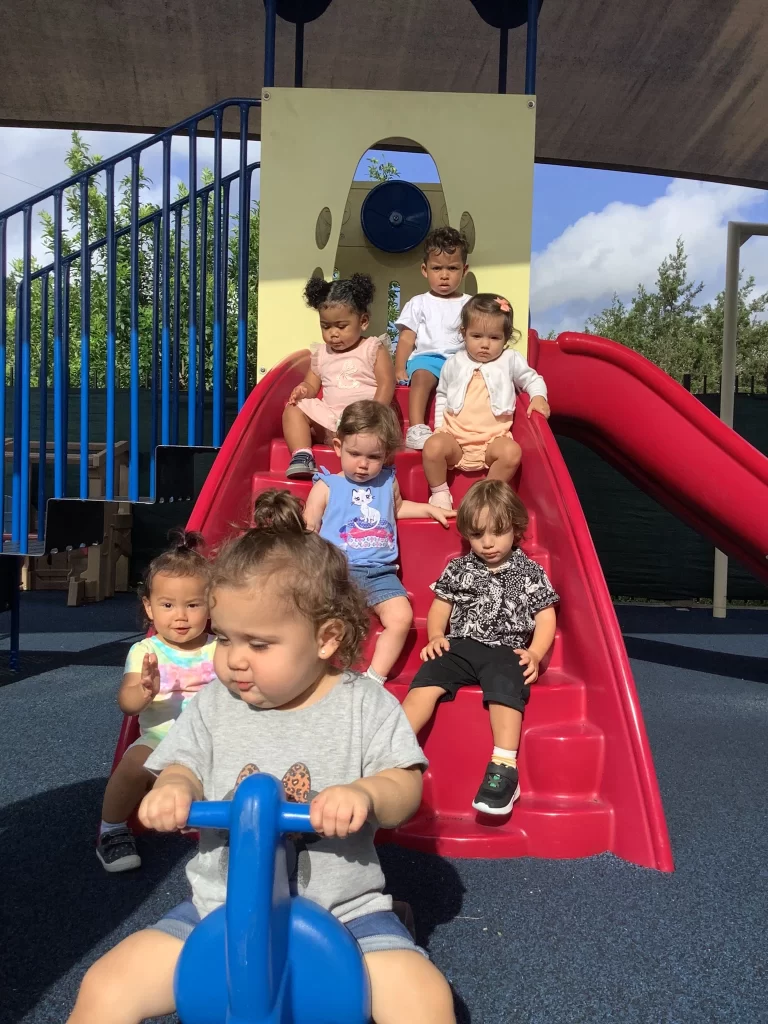
Long-Term Benefits of Montessori Social Skills
The social skills developed through Montessori education have lasting benefits:
Enhanced Communication: Children learn to express themselves clearly and engage in meaningful conversations.
Empathy and Understanding: Montessori emphasizes respect and understanding different perspectives, helping children appreciate diversity.
Real-World Preparedness: Skills like cooperation, problem-solving, and leadership are directly applicable to real-life situations.
Excelled Montessori Plus: Nurturing Social Skills
At Excelled Montessori Plus, we are committed to nurturing well-rounded individuals capable of thinking critically and interacting positively with others. Our Montessori preschool in San Antonio, Texas, ensures that each child develops the social skills they need to thrive in a diverse and interconnected world.
Contact us today to learn more about our programs and how we can support your child’s social and academic growth.


